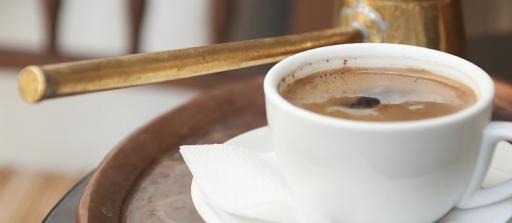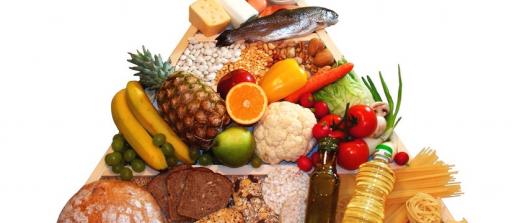Gastronomy and Olive Oil
Olive oil is the only edible oil that offers a variety of natural flavors. You can choose the taste that you like between mild, semi-fruity, fruity, bitter, pungent and sweet olive oils. Olive oil is the main fat in the Mediterranean diet. It can be used in cooking or pastries. Consumers can use it raw for salads and marinades. Use it for sautéing and baking, for baking in the oven or in the casserole. It gives the dishes an extra rich taste and it can also be used for frying. Olive oil has a high smoke point of 210 degrees Celsius and doesn't degrade as quickly as many other oils do with repeated high heating. More and more top quality restaurants, all over the world, embrace the basic elements of the Mediterranean Diet and serve bread with olive oil and olive paste instead of butter, a practice often followed in the past.
Olive Oil in cooking and in the Mediterranean Diet
Olive oil is a culinary treasure, not only for Mediterranean, but also for international cuisine. It contains valuable nutrients such as monounsaturated fat, vitamins A, D, E and K, and antioxidants such as polyphenols, which are essential to the preservation of health. Olives are rich in minerals such as calcium, iron, magnesium, squalene, phosphorus, potassium and selenium. The biological and nutritional value of olive oil surpasses that of all other vegetable oils, whereas its caloric value is the same.
The uses of olive oil in cooking are bounded only by the limits of our imagination. Used fresh, it shows off its beneficial properties in salads, raw or boiled, on bread, fish, feta cheese, in sauces and pastries. In cooking it may be used in any recipe, with all kinds of ingredients, and can play a leading role in all international cuisines. It has been shown to be the best choice for frying, as it stands up to high temperatures more than other fats and oils and does not oxidize.
Olive oil has starred in Greek cuisine since ancient times, as seen from references in the writings of Archestratus, a poet and philosopher of the 4th century BC who is considered to be the father of gastronomy and the first to approach cooking as an art. The large number of finds from excavations, including olive pits and amphoras for oil storage, confirm the writings.
During the Classical period the use of olive oil became widespread. Original recipes were invented, using olive oil and the basic raw foodstuffs of the era, such as fish, vegetables, and cheese. Olive oil was also consumed fresh on toasted bread or vegetables. Apart from cooking, olive oil was also used in many ancient traditional sweets, as described by the ancient biologist, gourmet, and rhetorician Athenaeus. Among these was the Cretan sweet ‘glycine’, which was prepared "from sweet wine and oil" and "egkrides" – a kind of pancake with honey.
Olive Oil and Health
Olive oil is a pure fruit juice, high in healthy monounsaturated fats, which are called the “good” fats. It has a large proportion of vitamins A, D, and K, as well as vitamin E, which is a key source of protein needed in the fight against free radicals. The Olive Oil as an ally of our health contributes to:
lower blood pressure
intake of antioxidants
compared with other added lipids, olive oil improves the balance of \"good\" (HDL) to \"bad\" (LDL) cholesterol in the blood
reduced risk of cardiovascular disease
Source: http://greatevoo.gr






